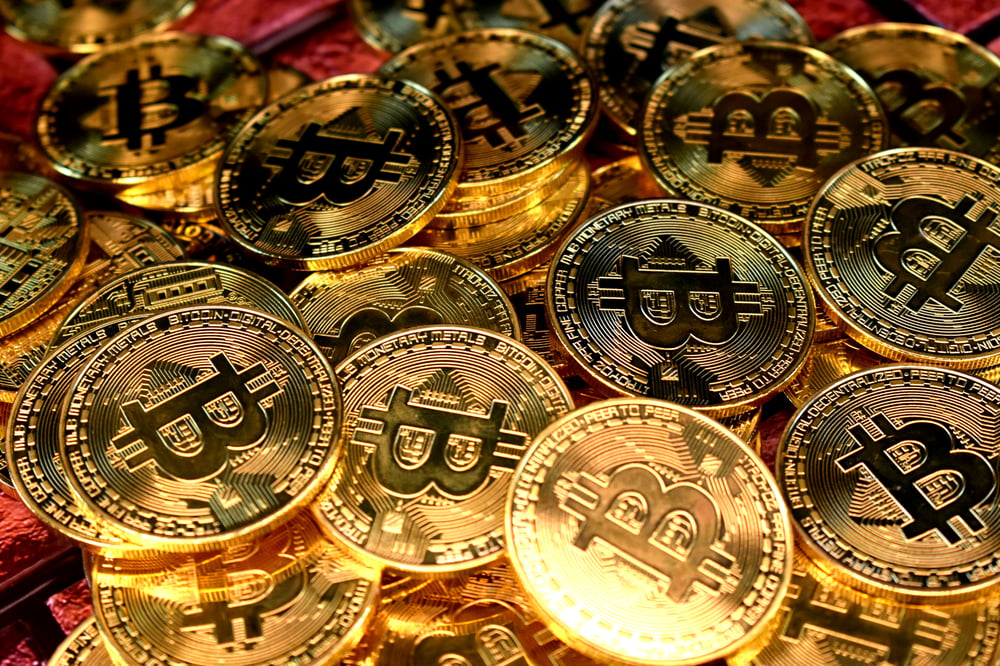Bitcoin vs Banks: The Battle for Financial Freedom
The battle between Bitcoin and banks is fundamentally about financial control, decentralization, and accessibility. Bitcoin represents a shift away from the traditional banking system, offering an alternative that challenges the status quo. Here’s a breakdown of the key differences and the ongoing struggle for financial freedom:
1. Centralization vs. Decentralization
- Banks: Centralized institutions that control financial transactions, require permissions, and can freeze or block funds.
- Bitcoin: A decentralized, peer-to-peer network where users have full control over their assets without intermediaries.
2. Inflation vs. Scarcity
- Banks: Operate under a fiat system where central banks can print money, leading to inflation and a reduction in purchasing power.
- Bitcoin: Has a fixed supply of 21 million coins, making it resistant to inflation and more akin to "digital gold."
3. Transparency vs. Opacity
- Banks: Often lack transparency, with hidden fees, complex regulations, and financial policies that benefit the elite.
- Bitcoin: Built on blockchain technology, offering a public ledger where all transactions are visible and verifiable.
4. Accessibility vs. Exclusion
- Banks: Require identification, credit history, and compliance with regulations, often excluding the unbanked.
- Bitcoin: Anyone with internet access can participate, making financial inclusion possible for billions worldwide.
5. Control vs. Self-Sovereignty
- Banks: Have the power to freeze accounts, reverse transactions, and enforce capital controls.
- Bitcoin: Grants users full ownership of their funds through private keys, reducing reliance on third parties.
The Battle for Financial Freedom
- Governments and banks often push for regulation to maintain control over financial systems.
- Bitcoin continues to gain traction as an alternative, especially in countries with economic instability.
- The rise of CBDCs (Central Bank Digital Currencies) may serve as a middle ground but still maintain government oversight.
The Future: Coexistence or Conflict?
- Some believe banks will integrate Bitcoin and blockchain technology rather than fight against it.
- Others see Bitcoin as a disruptive force that could eventually replace traditional banking models.
Who will win? That depends on regulation, adoption, and technological evolution. But one thing is clear—Bitcoin has already changed the conversation about money and financial freedom forever.
What’s your take on it? Do you see Bitcoin replacing banks or working alongside them?
